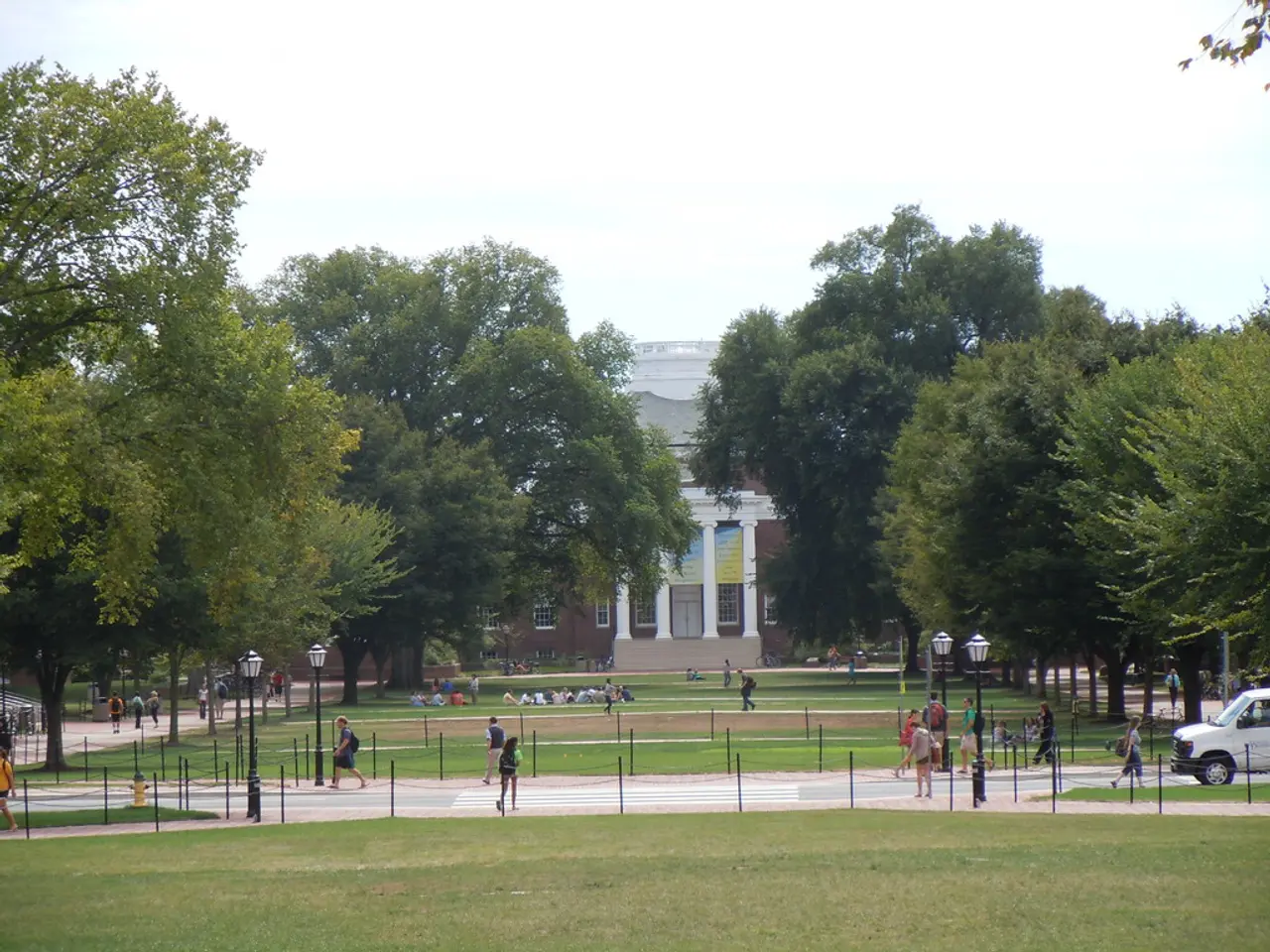Funding restrictions towards Harvard deemed illegal by the court
In a significant turn of events, the United States government under former President Donald Trump has suffered a defeat in a funding dispute with Harvard University. The dispute, which centred around nearly $2.2 billion (approximately 1.9 billion euros), was ruled in favour of Harvard by a federal court.
The disagreement began when the U.S. government accused several universities, including Harvard, of having a left-leaning bias and insufficient measures against anti-Semitism. However, Judge Allison Burroughs, who presided over the case, described the funding dispute as a "targeted, ideologically motivated attack on the leading universities" in the United States.
Judge Burroughs also stated that there is virtually no connection between the research projects affected by the funding cut and anti-Semitism. In her ruling, she emphasised that the funds frozen from Harvard must be released again.
Despite the court's decision, Harvard acknowledged that it could have done more to combat anti-Semitism. Judge Burroughs' ruling comes after Harvard filed a lawsuit due to the funds being frozen and withdrawn.
Interestingly, there are no records that indicate an institution charging the U.S. government after its financial resources were frozen and withdrawn. The available information does not mention such an event or institution.
This ruling marks a significant victory for Harvard University and a setback for the U.S. government, highlighting the importance of upholding academic freedom and research funding in the United States. The case serves as a reminder of the delicate balance between government oversight and academic autonomy.
Read also:
- Tobacco industry's suggested changes on a legislative modification are disregarded by health journalists
- Uncovering Political Ad Transparency: A Guide to Investigating opponent's Political Advertisements in the Digital Realm
- Elon Musk praises JD Vance's debate performance against Tim Walz
- Right-wing Israeli minister supports controversial plan for West Bank settlement expansion








